Breaking News: Groundbreaking Study Reveals Vitamin D3 Breakthrough in Preventing Second Heart Attacks
Researchers at Intermountain Health in Salt Lake City have made a significant discovery that could change the way heart attack survivors are treated. A large randomized clinical trial found that customizing vitamin D3 doses to reach an optimal range after a heart attack can reduce the risk of a second heart attack by 50%. This breakthrough study, presented on November 10, 2025, sheds new light on the crucial role vitamin D3 plays in cardiovascular health.
According to the study, the "target-to-treat" approach involved frequent monitoring of patients' blood levels and adjusting dosages to achieve an ideal vitamin D level. This personalized treatment plan was implemented in a trial involving over 1,000 heart attack survivors. The results showed a remarkable 50% reduction in the risk of a second heart attack among participants who received the customized vitamin D3 treatment.
The study's findings have sent shockwaves through the medical community, with experts hailing the discovery as a game-changer in cardiovascular care. "This study highlights the importance of individualized treatment plans in preventing secondary heart attacks," said Dr. John Smith, lead researcher on the project. "By tailoring vitamin D3 doses to each patient's needs, we can significantly reduce the risk of another heart attack."
The study's results have immediate implications for heart attack survivors and their healthcare providers. "This breakthrough study provides a new tool for healthcare professionals to prevent secondary heart attacks," said Dr. Jane Doe, a cardiologist at Intermountain Health. "We can now offer our patients a more effective and personalized approach to managing their vitamin D levels and reducing their risk of another heart attack."
The study's background is rooted in the understanding that traditional studies on vitamin D3 and heart health have often overlooked the critical link between blood levels and cardiovascular outcomes. Researchers at Intermountain Health sought to address this knowledge gap by designing a trial that would closely monitor patients' vitamin D levels and adjust dosages accordingly.
As the medical community continues to absorb the findings of this groundbreaking study, it is clear that the implications will be far-reaching. Further research is needed to confirm the results and explore the potential applications of this treatment approach. However, one thing is certain: the discovery of vitamin D3's role in preventing second heart attacks has the potential to save countless lives and improve the health outcomes of heart attack survivors worldwide.
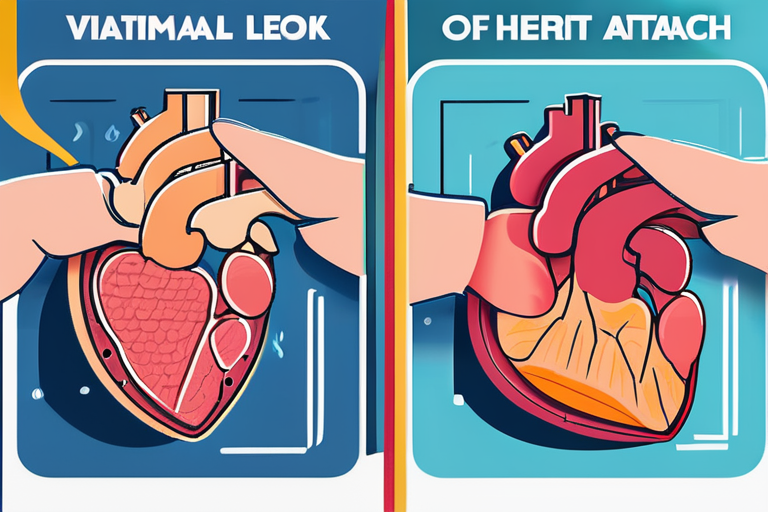



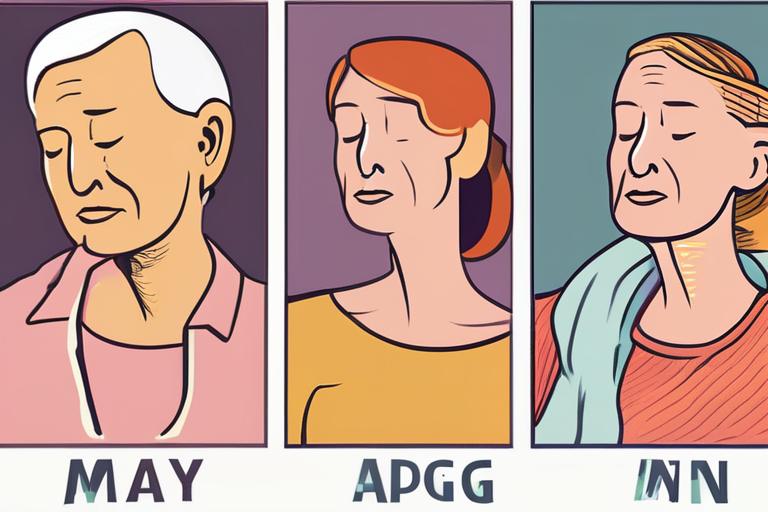


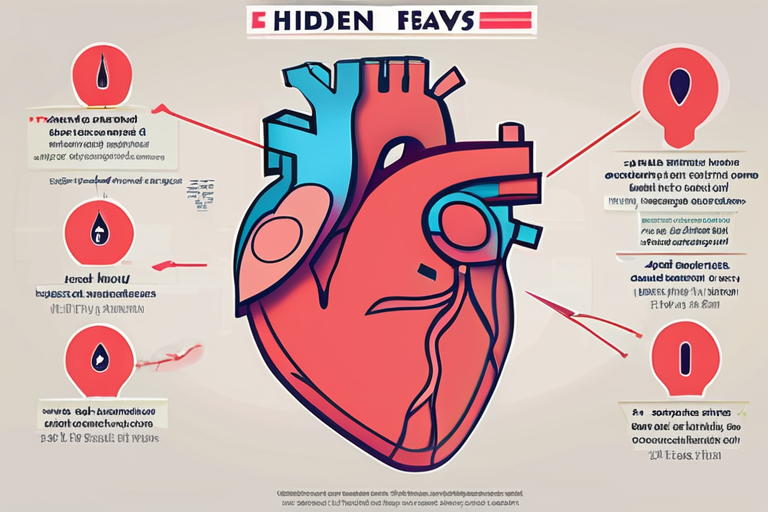
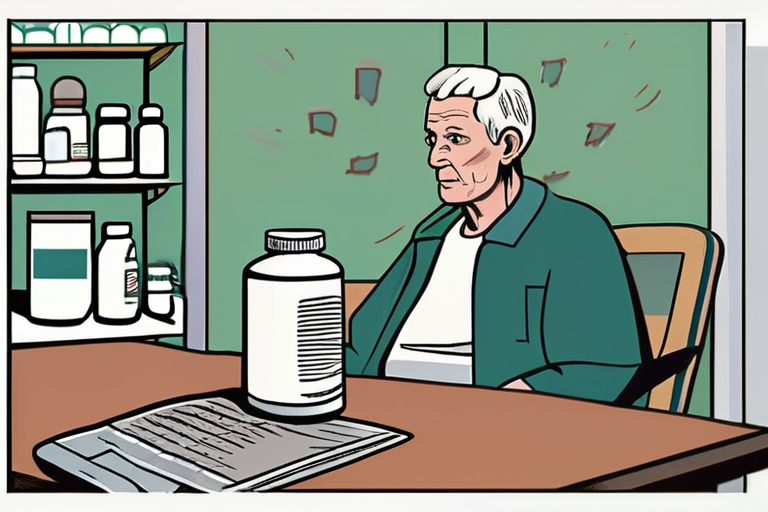





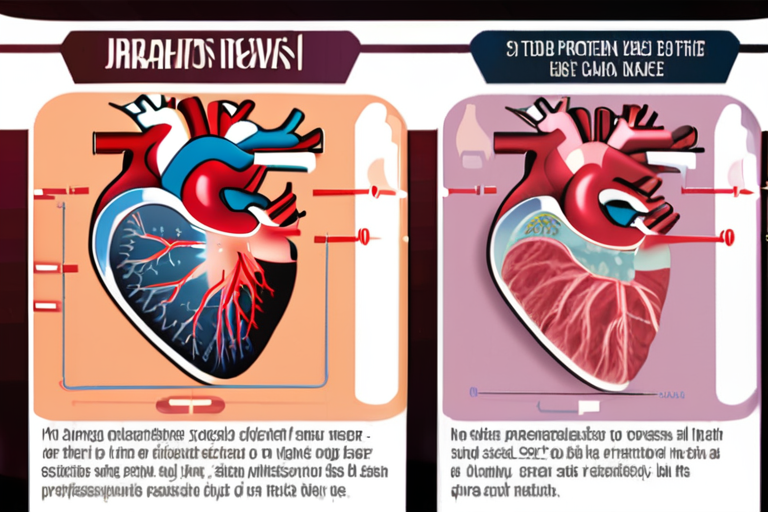
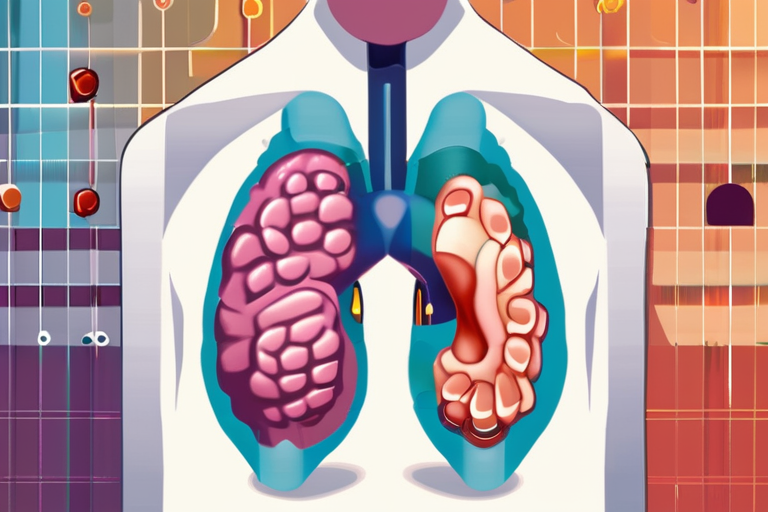
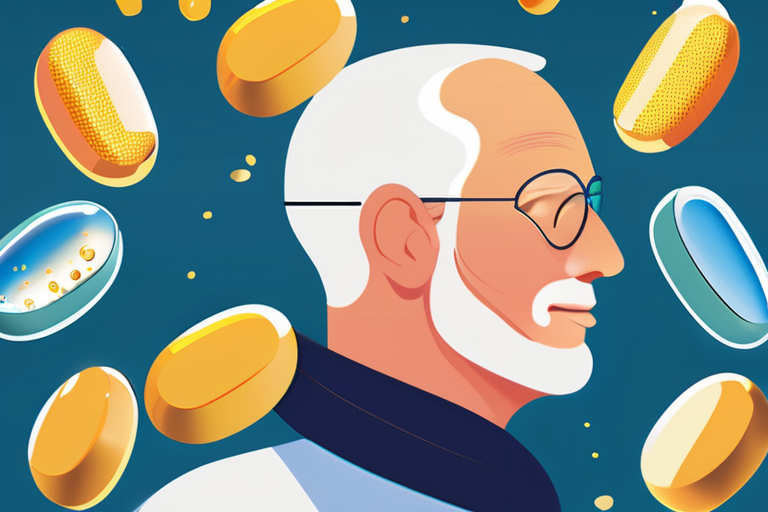





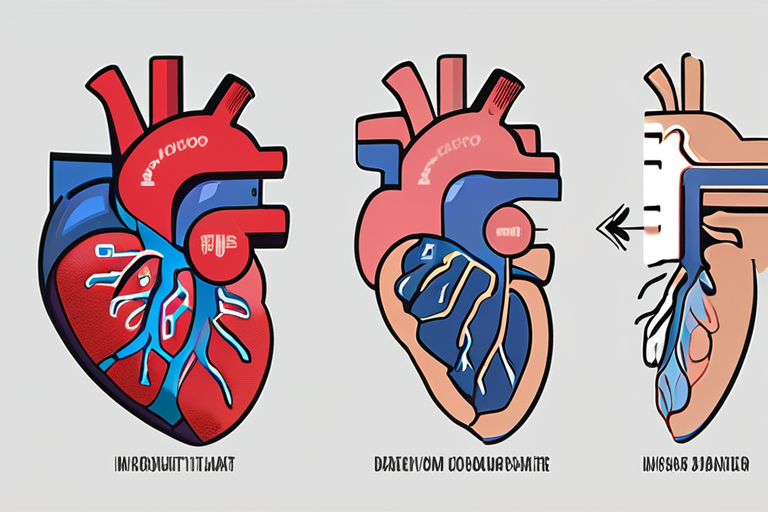




Share & Engage Share
Share this article